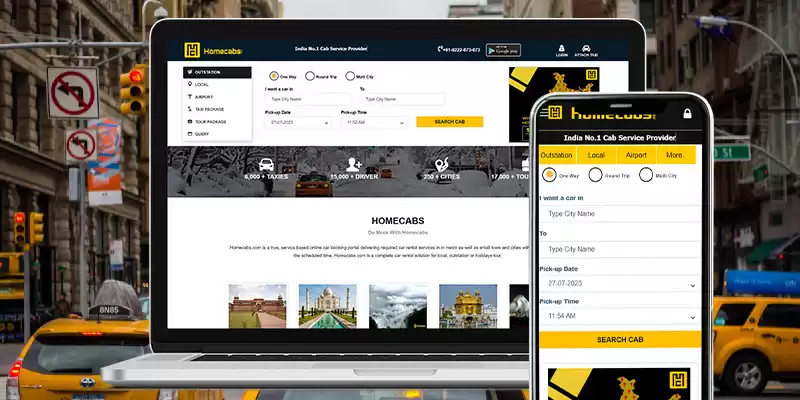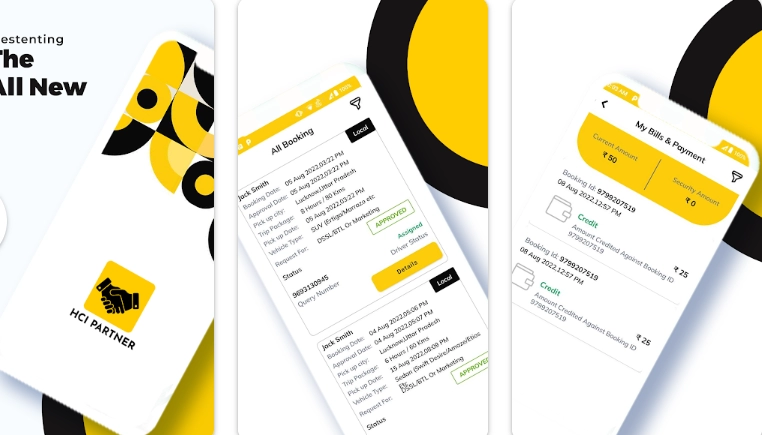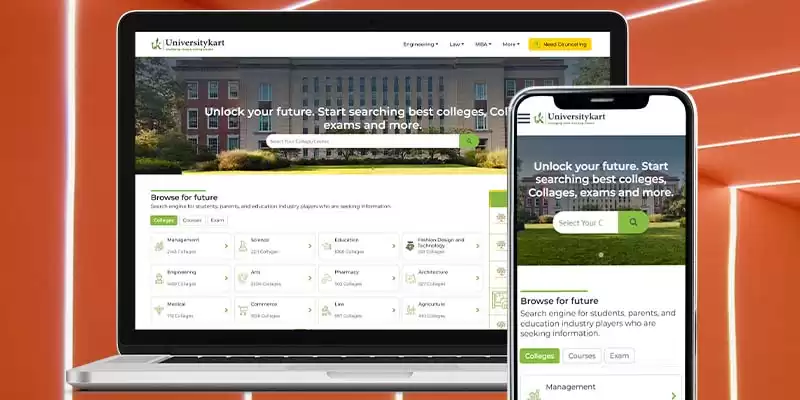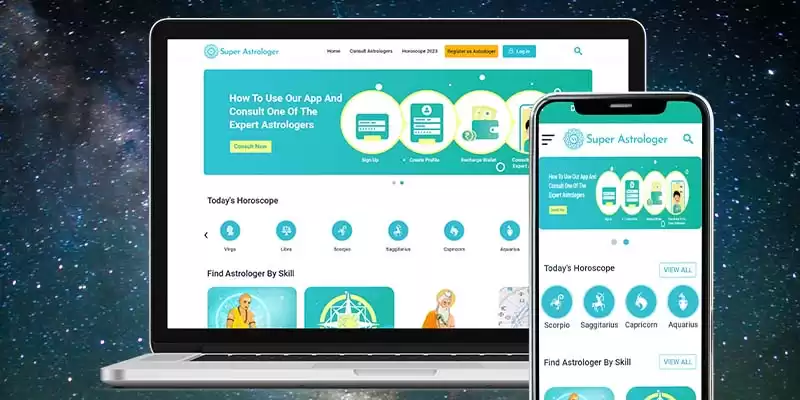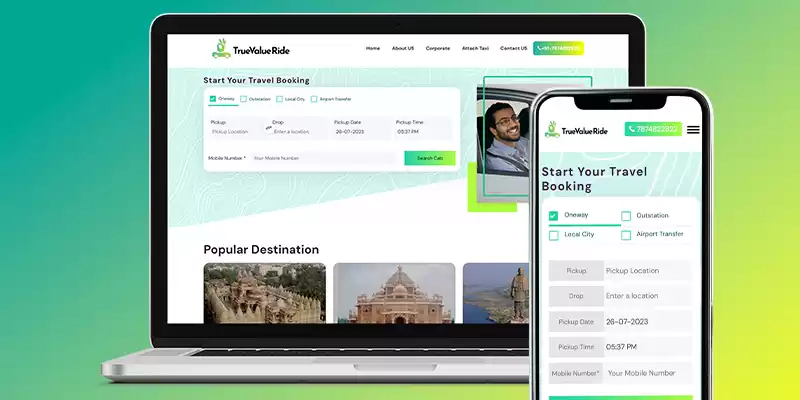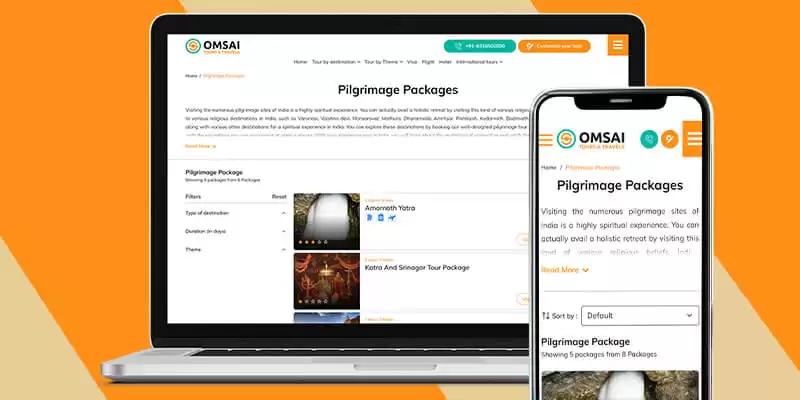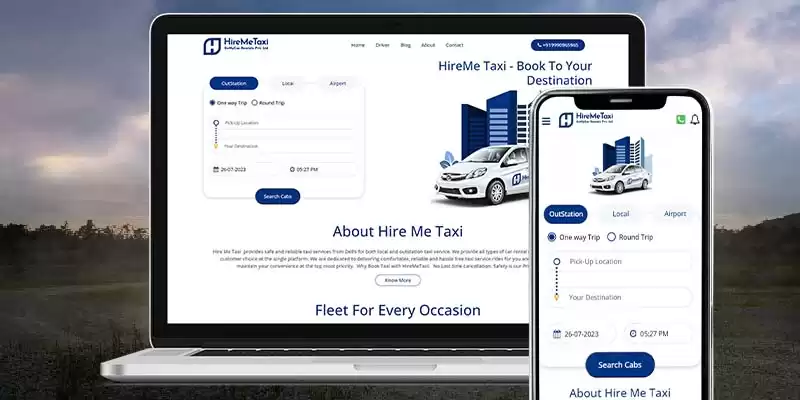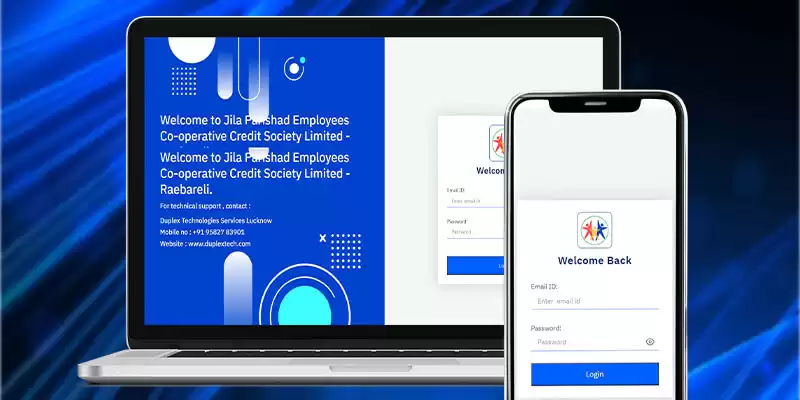Introduction
Homecabs India is a leading transportation service provider operating in multiple cities across India. They offer a convenient and reliable platform for booking cabs, taxis, and other transportation services. In order to streamline their operations and enhance the customer experience, Homecabs India decided to develop a comprehensive software solution. This case study outlines the software development project undertaken by Homecabs India, focusing on its objectives, implementation, challenges, and outcomes.
Objectives
The primary objectives of the software development project for Homecabs India were as follows:
a. Improve user experience: Develop a user-friendly and intuitive platform that allows customers to easily book and manage their transportation services.
b. Streamline operations: Automate various processes, such as cab allocation, tracking, billing, and reporting, to increase efficiency and reduce manual efforts.
c. Enhance scalability: Build a scalable architecture that can handle a growing user base and accommodate future expansion plans.
d. Ensure reliability and security: Implement robust security measures to protect user data and ensure the reliability of the platform.
Implementation
The software development project for Homecabs India followed an iterative and agile development approach. The development team consisted of experienced software engineers, UI/UX designers, and quality assurance professionals. The project was divided into the following phases:
a. Requirements gathering: The team collaborated closely with Homecabs India's stakeholders to gather detailed requirements and understand their business processes. This involved analyzing existing systems, conducting interviews, and documenting user stories.
b. System design: Based on the gathered requirements, the team designed a system architecture that aligned with Homecabs India's objectives. This involved creating wireframes, designing user interfaces, and defining the database schema.
c. Development: The software solution was developed using modern technologies and programming languages. The team followed coding best practices, version control, and code review processes to ensure high-quality code. They also integrated various third-party APIs, such as payment gateways and mapping services, to enhance the platform's functionality.
d. Testing and quality assurance: A comprehensive testing strategy was adopted to identify and fix bugs, ensure functionality, and validate system performance. This included unit testing, integration testing, system testing, and user acceptance testing.
e. Deployment and maintenance: Once the software solution passed all quality checks, it was deployed to Homecabs India's production environment. Ongoing maintenance and support were provided to address any issues and implement updates as required.
Challenges
The software development project for Homecabs India encountered several challenges during its implementation:
a. Integration complexity: Integrating with multiple third-party APIs posed technical challenges due to variations in data formats, authentication methods, and response handling.
b. Scalability considerations: Designing a scalable architecture that could handle a rapidly growing user base and increased transaction volume required careful planning and optimization.
c. Security and data protection: Implementing stringent security measures to protect user data and prevent unauthorized access required thorough testing and adherence to industry best practices.
Outcomes
The successful completion of the software development project resulted in several positive outcomes for Homecabs India:
a. Enhanced user experience: The new platform provided an intuitive and seamless booking experience, resulting in increased customer satisfaction and engagement.
b. Improved operational efficiency: The automation of various processes, such as cab allocation and billing, significantly reduced manual efforts and improved operational efficiency.
c. Increased scalability: The scalable architecture allowed Homecabs India to accommodate a growing user base and handle increased transaction volumes without compromising performance.
d. Strengthened security measures: The implementation of robust security measures helped safeguard user data, ensuring customer trust and compliance with data protection regulations.
e. Business growth and expansion: The software solution empowered Homecabs India to expand its services to new cities and regions, thereby driving business growth and market penetration.
Conclusion
The software development project undertaken by Homecabs India successfully achieved its objectives of improving user experience, streamlining operations, enhancing scalability, and ensuring reliability and security. The collaborative efforts of the development team, combined with a comprehensive development approach, resulted in a successful software solution that propelled Homecabs India's growth and established it as a leading transportation service provider in India.

